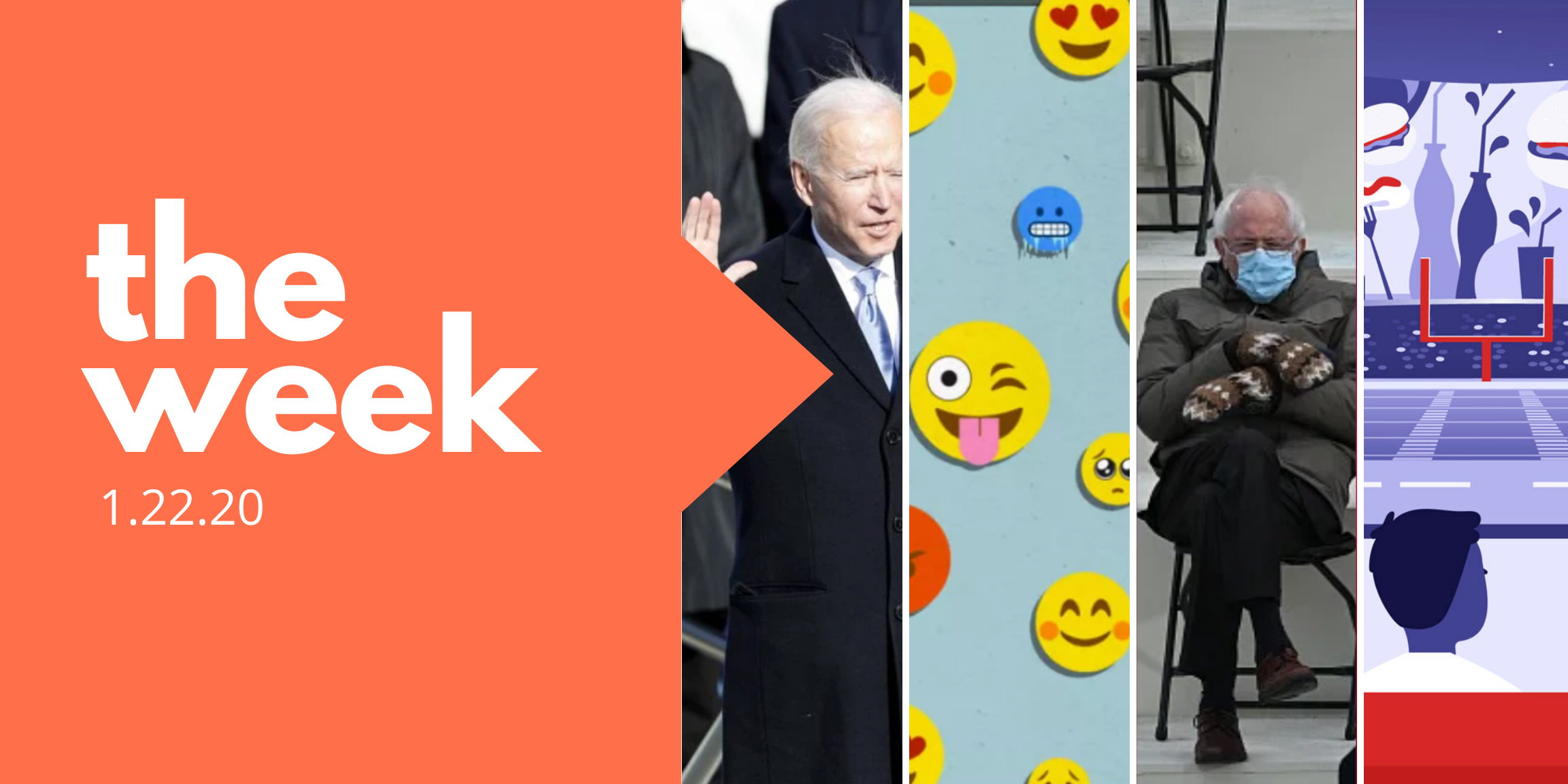Disruptor brands by their very nature unsettle the status quo. Gillette, the global marketing behemoth, has proven it knows how to promote and sell product. But are the shaving disruptors and the changing world of social media exposing cracks in Gillette’s marketing armor? As rock legends Spinal Tap pointed out, there is a fine line between clever and stupid. Gillette finds itself standing on that line with a Twitter campaign that mocks rivals Dollar Shave Club and Harry’s and seems to be provoking more ill will than good for the legacy brand.
Perhaps it’s just a sign of how far under Gillette’s skin the disruptor brands have burrowed. In response, Gillette has started its own shave club and recently brought suit against DSC for patent infringement. Though I’m older than Gillette’s usual target demo, I still shave six days a week, so I guess that’s why my Twitter feed has been littered with its promoted tweets. They are often ham-handed and dated, like the one I got in late December retweeting an endorsement of Gillette blades by @nomnerd, a west coast food blogger. After checking out his feed, it seemed a little odd that @nomnerd, who almost always tweets about the Portland area food scene, would tweet about his renewed loyalty to Gillette. After all, how many people are passionate enough about razor blades to want the world to know? But, in a DM exchange, he said his tweet was his own doing and that shortly thereafter, Gillette contacted him to ask permission to use it and that he was not compensated.
The promoted tweets always include the factoid that “2 million guys” and counting have switched back to Gillette after trying one of its competitors, a claim that has raised the hackles of social media consultant Steve Safran. Safran has taken to mildly trolling Gillette asking for the source material of the 2 million claim. So far, Gillette has ignored his repeated requests. When I contacted him for this post, Safran slammed the razor giant. “The idea that their shave cub is a better deal than Harry’s or DSC is bullshit. They offer one blade a month where the competition offers four. So, if you’re going to use fuzzy math, you better be transparent… Lying as marketing? Bad. Lying on social media as marketing? Asking for an enormous backlash.”
The Gillette promoted tweets also seem to get a fishy number of retweets and likes, further validating their impact or further aggravating suspicions of the campaign’s authenticity, depending on your POV. Most of Gillette’s usual tweets get a handful of likes and retweets; the promoted @nomnerd tweet has over 2,100 likes.
In October of last year, Adweek panned Gillette’s Twitter campaign, yet the shaving giant persists. I have to admit, when it first hit my feed, I half-bought the premise that a bunch of people tried the shave clubs, were dissatisfied, and came back to mother Gillette. In some ways, it was perfect messaging in 140 characters — hey, if you’re thinking about switching, don’t bother. These guys tried it and it’s no good. But the closer you look at the campaign, the less credible it feels. If you expand the conversation on the promoted tweets, it’s a mixed bag with mostly backlash at a stiff, corporate Gillette by consumers who clearly side with the underdog disruptors, whose Twitter personas, not surprisingly, are generally more approachable and engaging than Gillette’s.
Now, I, too, am wondering about the two million claim. If you’re going to use social media, expect a conversation. And, if you invite conversation, you’d better be ready to respond in a meaningful, engaging way. Perhaps Gillette is counting on people just skimming the surface, as I did at first, reading its promoted tweets and not delving deeper into the conversation? It wouldn’t be the first time that marketers had counted on consumers’ short attention spans.
A version of this blog was published on January 6 in MediaPost.





